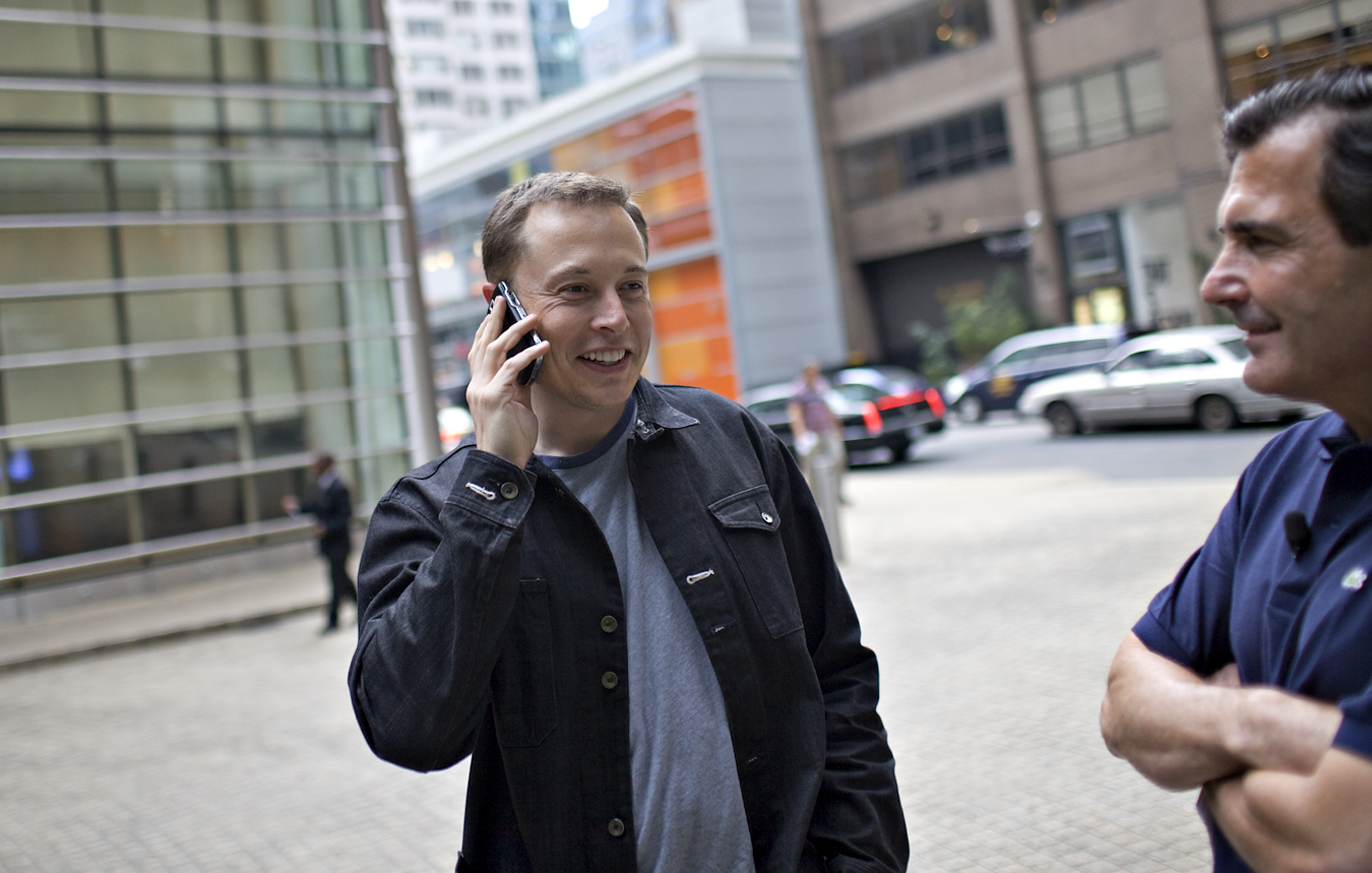Tesla's valuation nosedives alongside Musk's Twitter takeover
He's still richer than Croesus of course.

This week it was announced that Twitter "has entered into a definitive agreement to be acquired by an entity wholly owned by Elon Musk", for a deal that will end up being worth about $44 billion. The proposed acquisition would see Twitter become a privately-held company—that is, no pesky shareholders trying to disagree with Elon Musk—and is expected to close this year.
Musk's estimated $240 billion fortune is mostly in Tesla stock, and part of his financing for the Twitter deal is $21 billion of his own money plus a $12.5 billion loan guaranteed against a $62.5 billion chunk (thanks, BBC). However, Musk's share value is already partly leveraged for other commitments. The guy is loaded but he's also on the hook for eye-watering amounts of money that depend on everything continue to go well.
Which has not been a problem for Tesla in recent years: it is now the most valuable car company on the planet, and last week reported a $3.3 billion profit over the first three months of the year. You'd think the investors would be happy but, over the last month, its stock price has been on an un-arrested downward trend. A Tesla share is at the time of writing worth $905 USD: a month ago it would have been worth $1093, around 17% more.
Yesterday saw Tesla stock dive from $998 to $876 a share, a drop that saw the company lose around $125 billion of its market value. It has rallied slightly today up to $905, but the overall decline is happening alongside Musk's Twitter takeover, and questions over where exactly his $21 billion is coming from.

So one explanation is that investors fear a big dive in value if Musk suddenly flogs a load of Tesla stock, and want to get out when the going's good. Another is that Tesla's value has absolutely shot up in recent years and, while it's undoubtedly a top-tier and valuable business, some may be wondering if it's been over-valued during a period of rapid and enormous growth: especially when it looks like Tesla's CEO is going to be taking on a huge role in an unrelated global business.
One final piece of context is that, while Tesla is undoubtedly on a big downward trend at the moment, this is also happening amid a wider general decline in the value of tech-oriented stocks.
As well as Tesla, Musk runs Space X, founded the Boring Company, and has Neuralink: the one that's going to microchip our brains. He is a somewhat controversial figure but a talismanic one, in the sense that people associate him intimately with the success or otherwise of these ventures. It is also true that he's caused investors considerable trouble in the past with ill-judged public pronouncements, and frankly seems way more obsessed with Twitter than the guy who's taking us to space should be.
The biggest gaming news, reviews and hardware deals
Keep up to date with the most important stories and the best deals, as picked by the PC Gamer team.
Musk has yet to lay out his cards on how exactly the Twitter acquisition will be financed, and how he intends to juggle running one of the world's largest social media platform with all his other commitments. Some reports suggest that this drop in Tesla's value could be a big problem for the acquisition, because it's going to be largely dependent on the value of these shares. Musk hasn't commented on the drop in Tesla's stock price—which is probably one of the few crumbs of comfort for Tesla shareholders right now.

Rich is a games journalist with 15 years' experience, beginning his career on Edge magazine before working for a wide range of outlets, including Ars Technica, Eurogamer, GamesRadar+, Gamespot, the Guardian, IGN, the New Statesman, Polygon, and Vice. He was the editor of Kotaku UK, the UK arm of Kotaku, for three years before joining PC Gamer. He is the author of a Brief History of Video Games, a full history of the medium, which the Midwest Book Review described as "[a] must-read for serious minded game historians and curious video game connoisseurs alike."
- Wes FenlonSenior Editor

